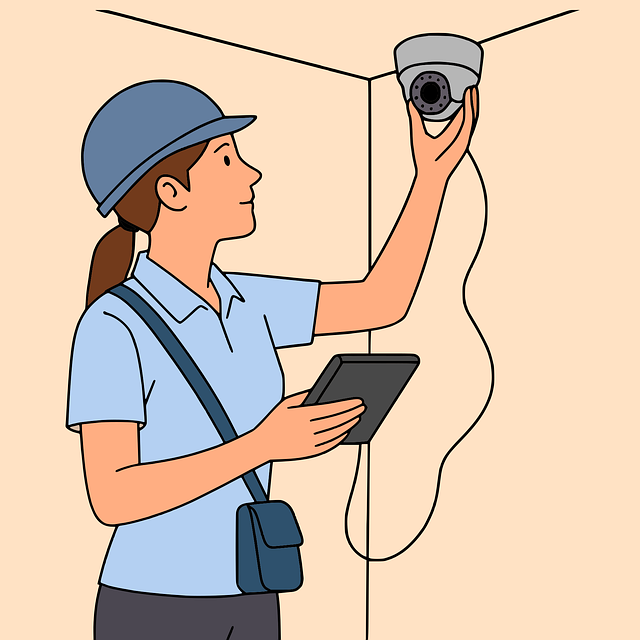Upgrading old systems with a qualified electrician is crucial for energy efficiency. They inspect infrastructure, identify improvements, and recommend modern technologies like solar, smart thermostats, and LED lighting to reduce energy waste. These upgrades offer long-term savings, attract incentives, enhance safety, and comply with regulations, benefiting both homes and businesses.
Looking to slash energy costs and reduce your environmental footprint? Upgrading old systems to modern, energy-efficient standards is a game-changer. This comprehensive guide explores how to assess outdated electrical systems, embrace cutting-edge technologies like sustainable electrification, and implement cost-effective solutions for both homes and businesses. Discover the vital role a professional electrician plays in this transformation, along with impressive long-term benefits: significant environmental savings and financial gains.
- Assessing Old Systems for Energy Efficiency Upgrades
- Modern Technologies for Sustainable Electrification
- Cost-Effective Solutions for Homeowners and Businesses
- The Role of a Professional Electrician in Transformation
- Long-Term Benefits: Environmental and Financial Savings
Assessing Old Systems for Energy Efficiency Upgrades
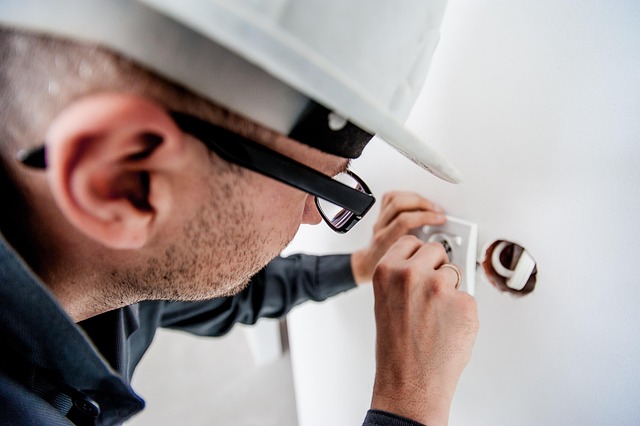
Assessing old systems for energy efficiency upgrades is a crucial first step, often undertaken by a qualified electrician. They meticulously evaluate existing infrastructure to identify areas that can be modernised and made more energy-efficient. This involves checking electrical wiring, motors, lighting fixtures, heating/cooling units, and other components to determine their current energy consumption and potential for improvement.
An electrician will analyse energy usage patterns, look for outdated or inefficient technologies, and assess the overall condition of the system. By combining this knowledge with modern energy-efficient alternatives, they can recommend tailored upgrades that significantly reduce energy wastage and lower utility bills. This assessment is vital in ensuring any subsequent upgrades are effective and aligned with current energy-saving standards.
Modern Technologies for Sustainable Electrification
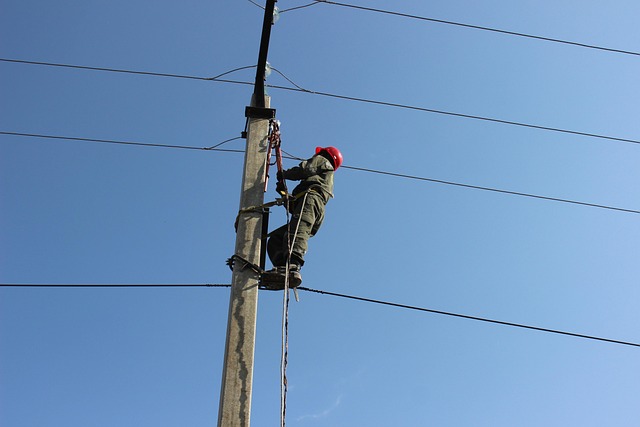
Modern technologies play a pivotal role in transforming old systems into energy-efficient, sustainable solutions. One key area is electrification, where modern electricians are equipped with advanced tools and knowledge to integrate renewable energy sources like solar panels and wind turbines into homes and businesses. Smart thermostats, for instance, allow precise temperature control, reducing energy consumption significantly.
These innovations not only enhance environmental sustainability but also offer long-term financial benefits. Electricians today utilize their expertise to install efficient lighting systems such as LED lights, which consume far less power than traditional alternatives. Additionally, advanced heating and cooling systems, powered by clean energy, ensure comfortable living spaces while minimizing carbon footprints, making this a sustainable path for both residential and commercial properties.
Cost-Effective Solutions for Homeowners and Businesses
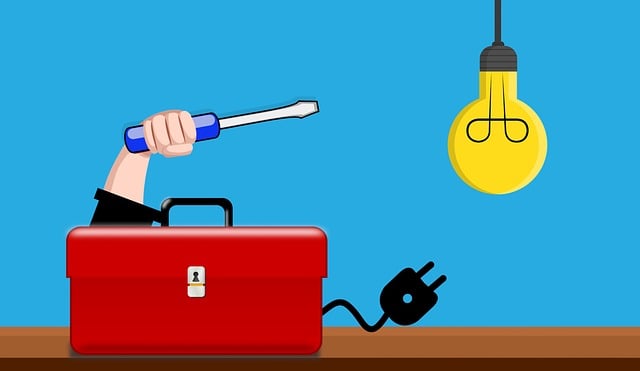
Upgrading old systems to modern energy-efficient standards can be a significant investment for homeowners and businesses, but it’s one that pays dividends in the long run. Cost-effective solutions like LED lighting, smart thermostats, and energy-efficient appliances are easy and affordable ways to get started. These upgrades not only reduce utility bills but also attract government incentives and rebates, making them even more financially attractive.
Hiring a qualified electrician is crucial for ensuring these modern systems are installed safely and efficiently. Electricians can assess the unique needs of each property and provide tailored solutions that maximize energy savings. By combining expert installation with smart technology choices, homeowners and businesses can enjoy reduced energy consumption without compromising comfort or convenience.
The Role of a Professional Electrician in Transformation
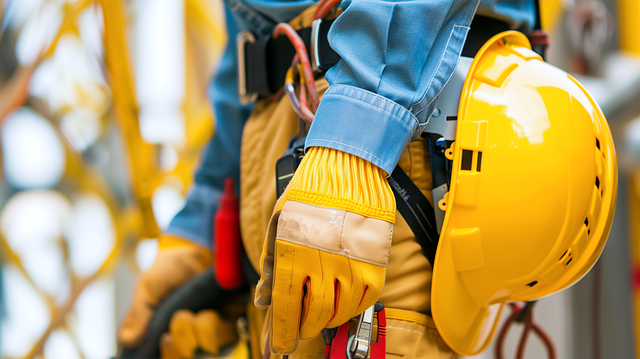
When upgrading old systems to modern, energy-efficient standards, the role of a professional electrician cannot be overstated. These experts possess the knowledge and skills required to navigate complex electrical systems, ensuring that any changes are safe and compliant with current regulations. A qualified electrician can assess your property’s unique needs, recommend suitable upgrades, and install state-of-the-art solutions like smart thermostats, LED lighting, and solar panels.
Their expertise extends beyond installation; they also play a crucial role in troubleshooting potential issues that may arise during the transformation process. By calling on a professional electrician, you’re not just investing in energy efficiency but also guaranteeing the integrity of your electrical system, enhancing safety, and potentially saving money in the long run.
Long-Term Benefits: Environmental and Financial Savings
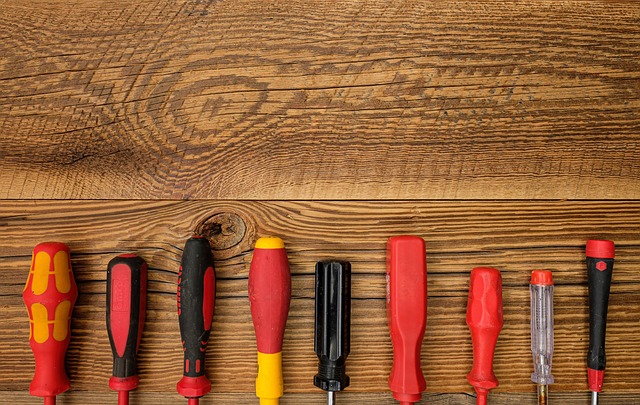
Upgrading old systems to modern energy-efficient standards offers significant long-term benefits, both for the environment and your finances. By hiring a qualified electrician to install energy-efficient fixtures and appliances, homes and businesses can reduce their carbon footprint substantially. These upgrades often lead to lower electricity bills as efficient lighting, heating, and cooling systems consume less power. Over time, these savings can add up to considerable amounts, making the initial investment in eco-friendly technologies a smart financial decision. Moreover, many governments offer incentives and rebates for adopting energy-efficient practices, further offsetting the costs and accelerating the return on investment.
Upgrading old systems to modern energy-efficient standards is not just an environmentally responsible choice, but also a strategic decision for homeowners and businesses. By assessing existing infrastructure, leveraging contemporary technologies like sustainable electrification, and seeking cost-effective solutions, significant long-term savings can be achieved. A professional electrician plays a pivotal role in this transformation, ensuring safety, efficiency, and the optimal utilization of resources. Embracing these upgrades is a step towards a greener future, where environmental benefits are complemented by financial gains.
